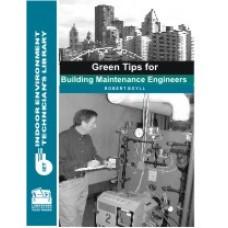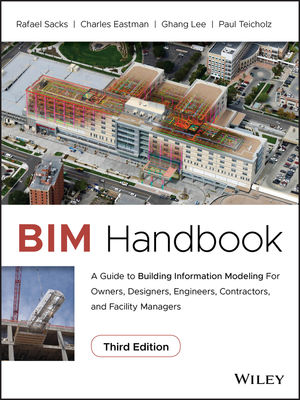Rating the Good, Better, Best
In our business, we are contracted to provide facility assessments for several reasons. First, a customer is in need of an overall facility condition index as the initial phase of a capital plan and/or master plan. A second reason for a facility assessment is to establish building and system deficiencies that could compromise the owner's business and/or endanger building occupants. A third reason is to begin the process of retrocommissioning, which, in turn will lead to an energy conservation program. There are other reasons for such an assessment, but these are enough to describe our search for elephants.With each of the three examples above, the goal of the customer is to establish a facility business plan. The goal of the engineer(s) doing the assessment is to provide "big picture" issues and concerns and prioritize each into a decision matrix/action plan. This process can be a good test to differentiate the good/better/best engineers as they are required to approach the project so that they deliver the results to the customer in a manner that will satisfy the facility business plan goal.
The true test for the engineer(s) is to complete the task in a timely manner and do it so that the engineering firm has a satisfied customer and the firm also is profitable through the work effort. What often happens with many technical people doing surveys is that they get bogged down with details. For many engineers, this is an inherent problem because they are detail-oriented professionals. Instead of looking for elephants, the surveys become a myriad of facts and figures. Had the surveyors set out looking at the "big picture," the process could be completed in a timely and more cost-effective manner.
Minutiae vs. the Big Picture
A good example of this is to survey an antiquated air-handling unit (AHU). The engineer determines the unit has gone 25% beyond its useful service life. The unit casing is obviously leaking air, and rust has formed due to water leaks and condensation that had formed on the unit over the years. The engineer who tends to get bogged down with the details will itemize the problem into a dozen reasons why the unit needs to be replaced. Meanwhile, the engineer who acknowledges the unit is antiquated, photographs this poor condition, references a resource (e.g., ASHRAE Handbook), and makes the recommendation in the facility assessment report.One engineer may take an hour to document the problems and spend another couple of hours writing about the issues in the final report. The second engineer may take 15 min to assess the problems, document the condition through a picture, and then inventory the results in the final report. All told, in this example, the effort took about 30 min. Multiply this scenario by 200 pieces of equipment and the person "looking for elephants" is going to be completed long before the other engineer. Also, I have found the more "to-the-point" and visual the final report is, the easier it is for the customer to develop his/her facility business plan.
Being smart doesn't automatically make someone the best at what they do. Being experienced, efficient with time, and shaping the final report to the vision of the customer will always win over stacks and stacks of details. Just like looking for elephants. ES



